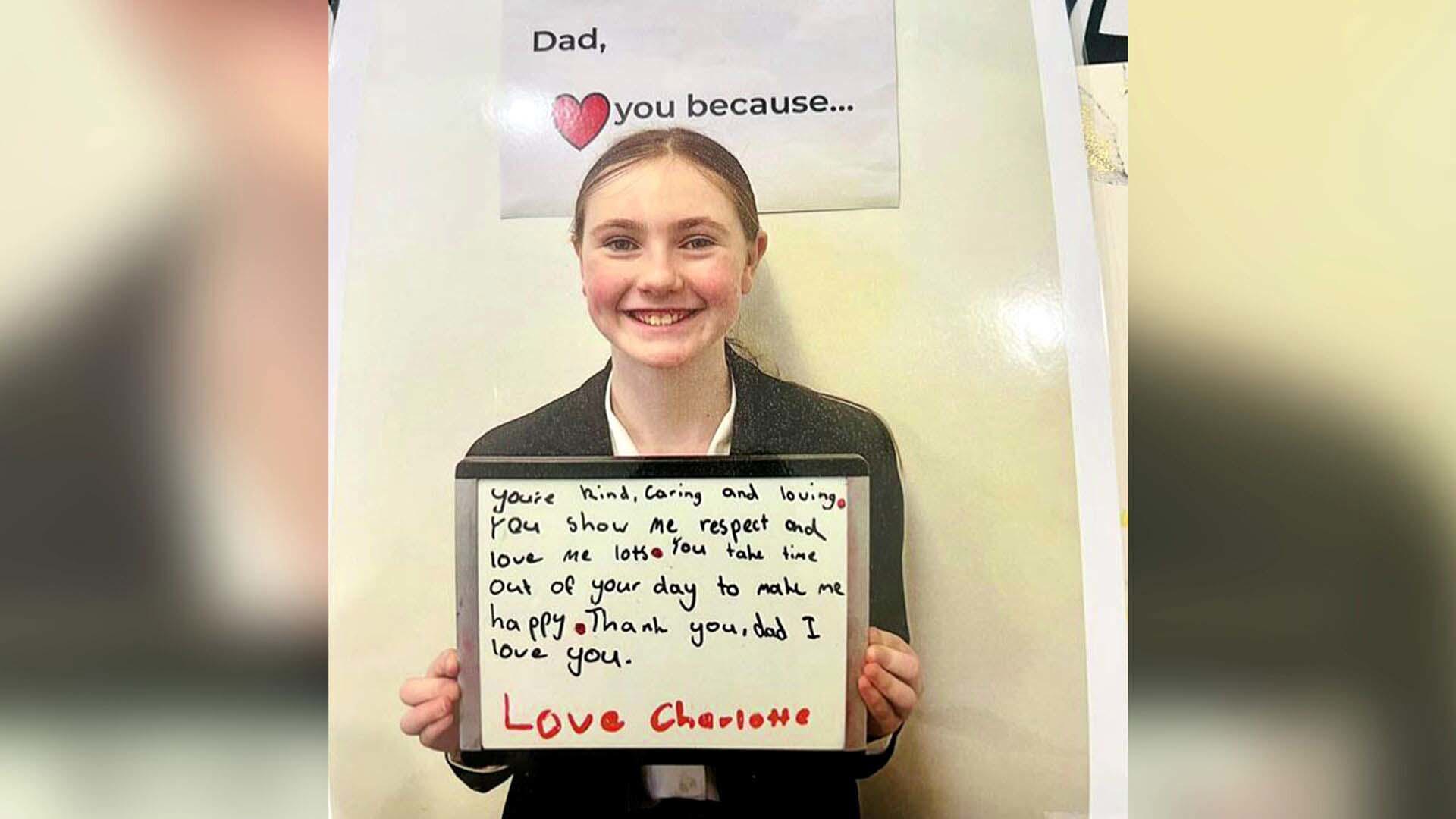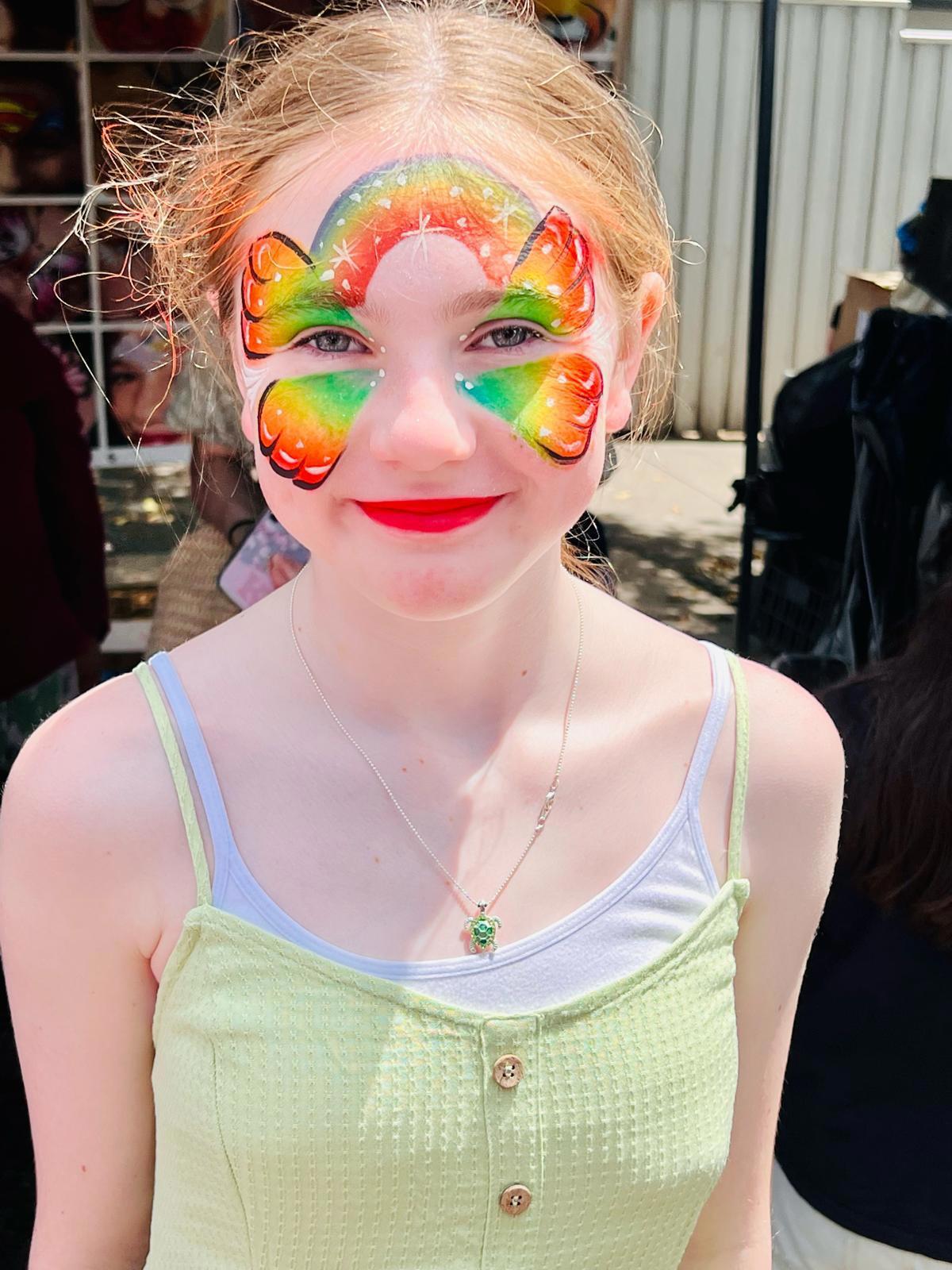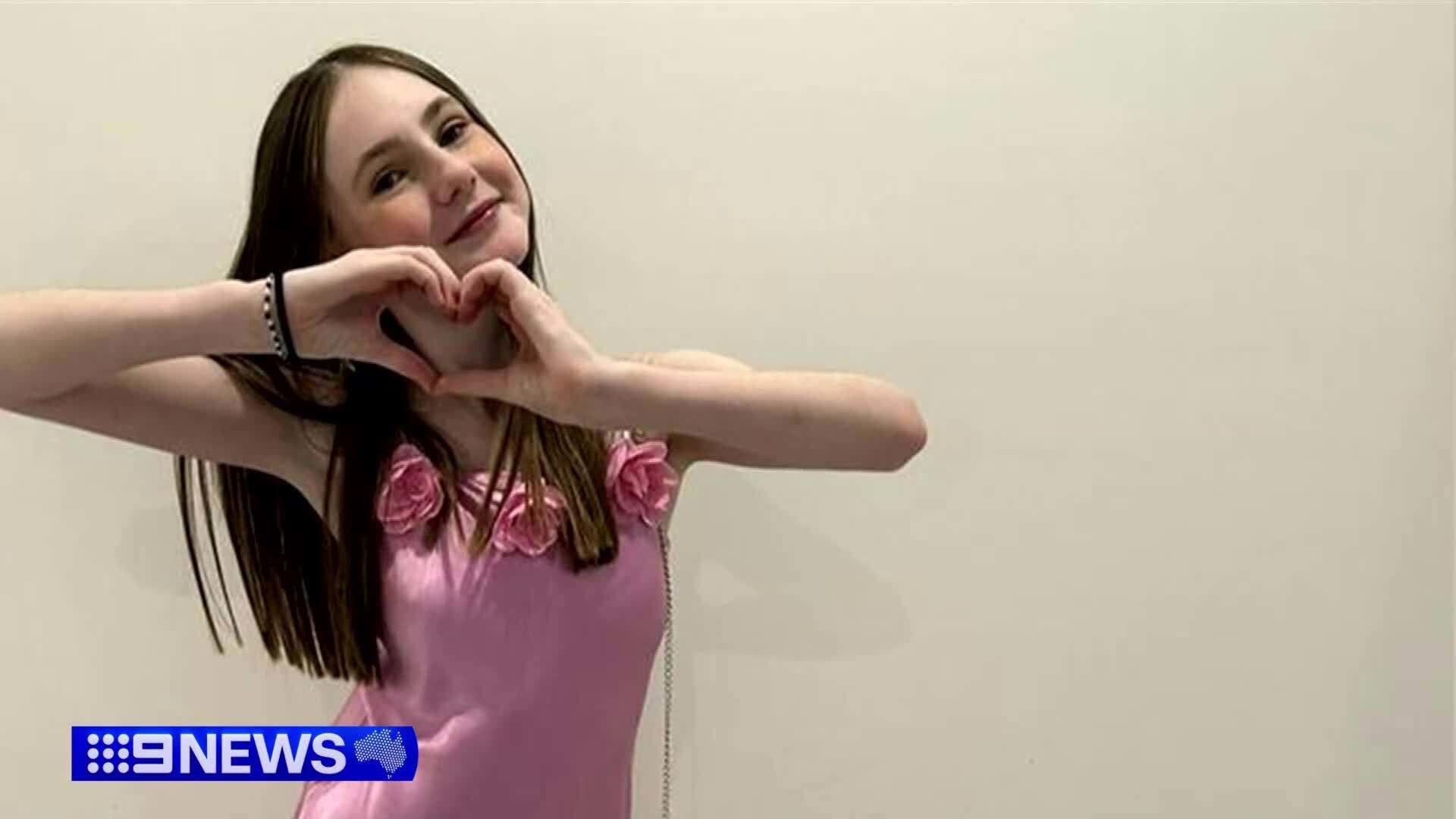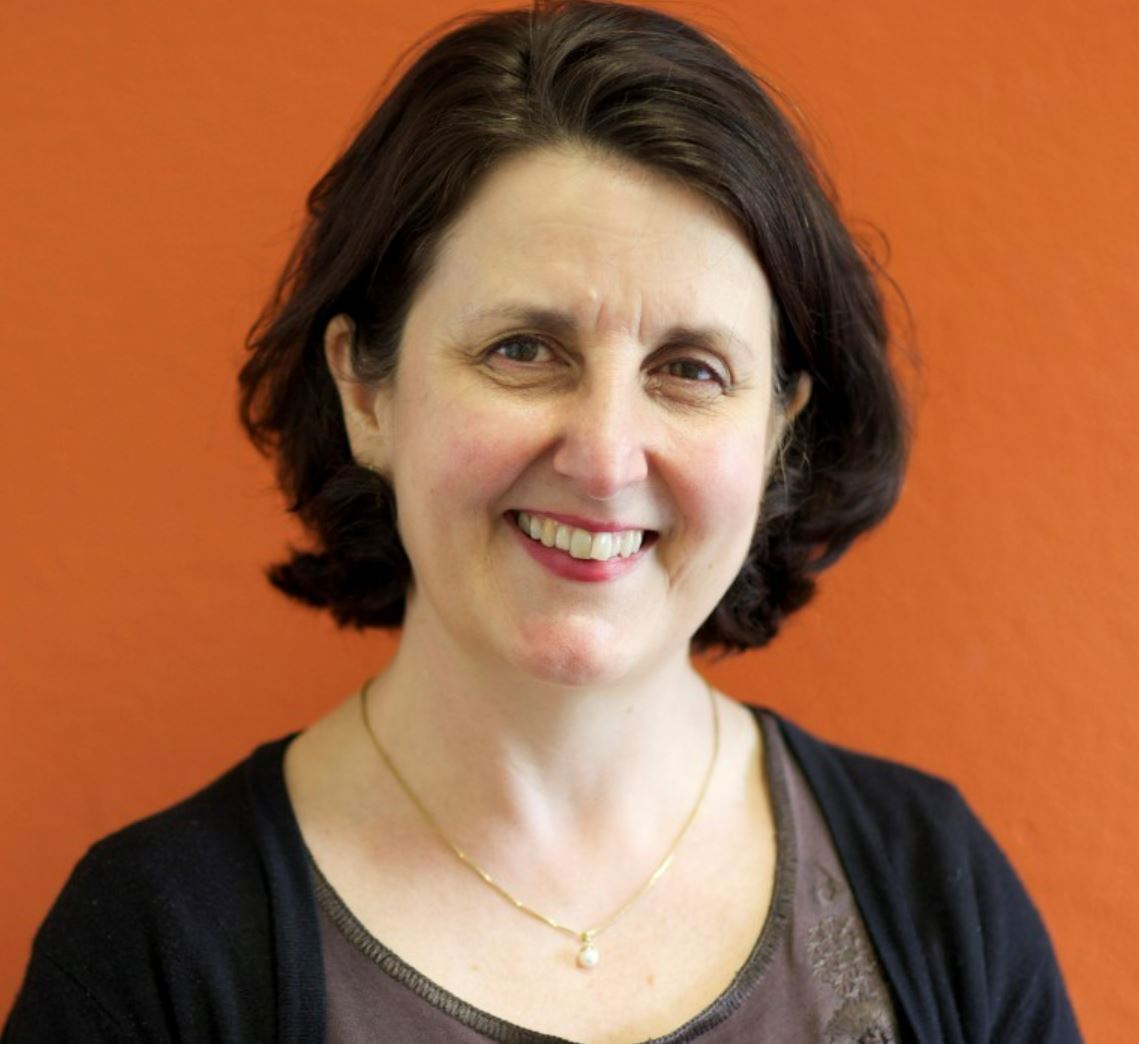The tragic reports of adolescent Australians taking their own lives has prompted concerns schools aren't doing enough to combat bullying.
Sydney schoolgirl Charlotte, 12, who died by suicide this month is a devastating example of young Aussies being pushed to the brink - but can the blame solely lie with schoolyard bullying?
While bullying is certainly a huge factor in youth suicide, it's "impossible" to understand exactly why it happens, Professer Caroline Hunt, head of Clinical Psychology at Sydney University, said.
READ MORE: Heartbreaking footage of Charlotte, 12, before she took her own life

"Bullying in schools is actually one of the biggest risk factors for mental health problems among young people," Hunt tells 9news.com.au.
"But you can never pinpoint exact reasons why young people take their lives."
Hunt said she couldn't comment on Charlotte's specific case, but said children's mental health is impacted by many risk-factors.
Children as young as 12 taking their own life, though horrifying, also doesn't come as a big surprise to Hunt, who said suicide rates are sadly high for pre-teens and early high-schoolers.
Hunt explained bullying begins as early as kindergarten and can continue well into adulthood.
READ MORE: How Australia's new 'right to disconnect' rules apply to you

"But the years eight and possibly nine are probably the most difficult times for bullying," she explained.
Research by the Australian government's Bullying, No Way campaign found one-in-four Year 4 to Year 9 Australian students (27 per cent) reported being bullied every few weeks or more often.
After Charlotte's parents went public with their daughter's suicide, a spotlight has been trained on her school Santa Sabina College in Strathfield in Sydney's Inner West and its bullying policies.
Hunt said schools need to have a firm action plan on how to respond to bullying allegations.
"It's about doing a proper investigation, talking to the young people, their peers, talking to parents and trying to get to the bottom of what's been going on," she said.
"It also does involve consequences for the young people doing the bullying."
READ MORE: How close is our planet to suffering the most catastrophic effects of climate change?

Hunt added: "It is really difficult for schools, but I think having a very low tolerance for anything that looks like bullying and having consequences for that is very important."
Santa Sabina's anti-bullying policy is available online.
The policy states it is a "framework for our College community to work together to prevent and address issues of bullying, in order to build respectful relationships that respond effectively and sensitively to the needs of each person".
Bullying can be invisible to parents and teachers, Hunt explained, particularly "socially sophisticated" bullying such as spreading rumours or exclusion.
She said changing policies so adults can "observe bullying better" is a step in the right direction to prevent another tragic loss like Charlotte.
"Research would say that teachers don't see it," she said.
READ MORE: Spring cold snap sweeps across Australia

Charlotte's parents said they didn't want any blame or vitriol directed at the school students who bullied their daughter.
Instead, they want the school to take responsibility.
Hunt said this is an important issue to raise, given the delicate mental state of some young people who bully.
"It's a terrible situation because you just hope it will never get to that stage," she said.
"The thing worth noting is that bullies, people who bully themselves, have poorer mental health. And sometimes they have a history of being bullied."
Paulina Skerman, the principal of Santa Sabina College, said in a statement the school is treating the allegations of bullying seriously.
"Such claims are extremely serious and are being treated as such. Our anti-bullying policy is available on our website," she said.
Crisis support is available from Lifeline on 13 11 14.
Support is available from Beyond Blue on 1300 22 4636.
from 9News https://ift.tt/ZyN7EFx
via IFTTT
Comments
Post a Comment